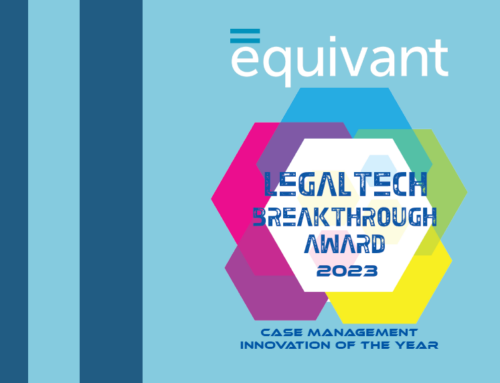The Role of Problem-Solving Courts in Justice Reform

As criminal justice professionals, promoting positive change is an everyday priority. Yet too often, people leave the system with the same underlying health and behavioral challenges that contributed to their involvement in the criminal justice system in the first place. For criminal justice reform to be truly effective, we have to improve how we address problems at the root, rather than relying on punishment alone.
The stark need for a more person- and community-centric approach is more clear now than ever. More than 20.2 million adults in the United States suffer from a substance use disorder, and more than 43.6 million suffer from a mental health disorder. Unfortunately, these individuals are much more likely to be incarcerated than they are to receive treatment for their conditions.
Fortunately, one approach is particularly successful at intervention: problem-solving courts.
Problem-solving courts, or specialty courts, are designed to address the underlying problems contributing to certain criminal offenses, rather than just punishing the individual for their crimes. These courts are highly coordinated—requiring close interaction between a judge and the defendant’s community service team to develop a tailored, effective case plan and actively monitor a defendant’s compliance.
Specialty courts have paved the way for reform, offering a holistic and evidence-based approach that puts the defendant’s well-being first, breaking cycles, reducing recidivism rates, and mitigating social stigmas associated with substance abuse and mental health. In fact, the average national completion rate for specialty treatment courts is nearly 60 percent, about two-thirds higher than just probation.
So we know that specialty courts are effective, but how do we actively maintain all moving pieces of a treatment plan to ensure its success?
Northpointe Suite Problem-Solving Courts makes it easy. Created specifically for problem-solving courts, the integrated software solution manages all participant processing and case/court activities. Perform validated risk/needs assessments, build meaningful case plans, coordinate and collaborate with your team, and track progress, results, and outcomes—all in one place.
If you’re interested in an affordable, scalable solution that will allow your team to address core needs first, contact us today for a free demo or conversation with our sales representative.





